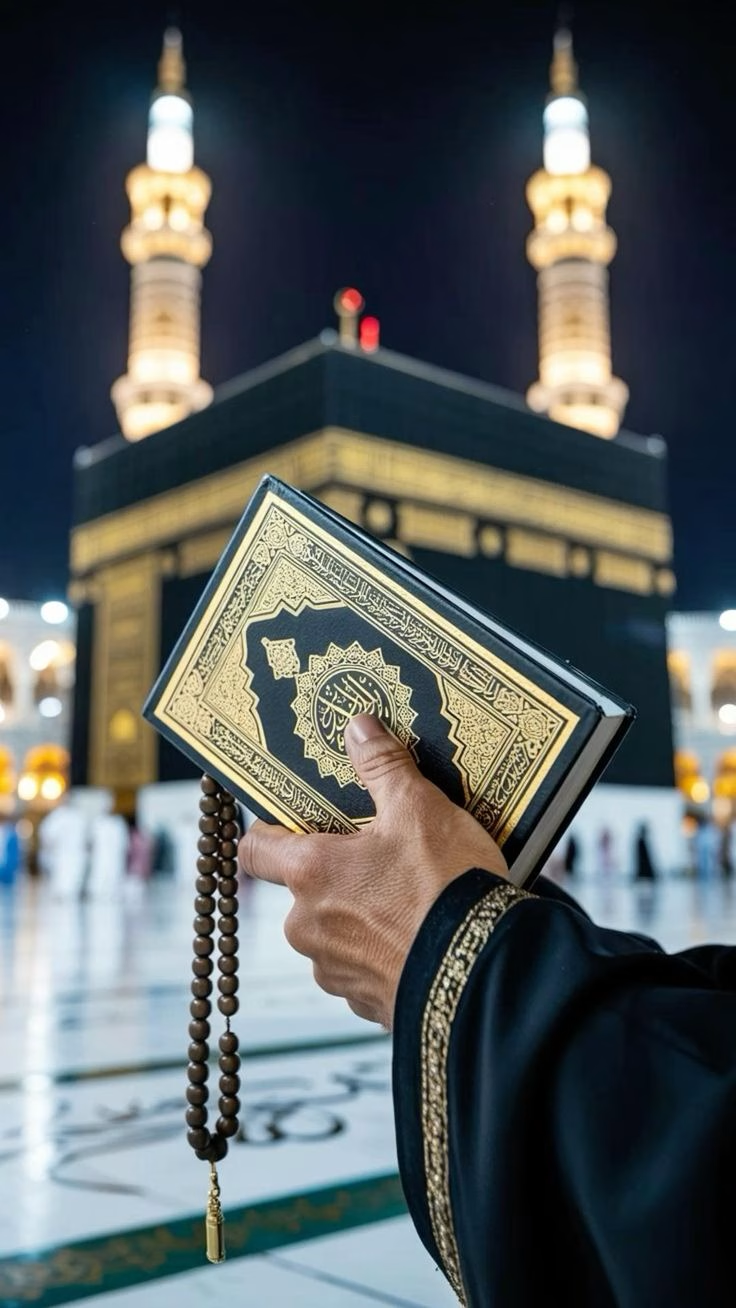Category: Duas & Azkar
The Power of Dua – How to Make Your Supplications Accepted
Discover the power of Dua in Islam with Qur’an and Hadith references. Learn how to make your supplications accepted and strengthen your connection with Allah. In our daily lives, we…

The Power of Zikr: 5 Transformative Hadiths and Their Lessons for Today
Discover the profound power of remembering Allah (Zikr) through these 5 authentic hadiths from Sahih Bukhari and Muslim. Learn how this simple practice can bring peace, protection, and purpose to…

Dua During Hardships & Difficult Times
Dua During Hardships & Difficult Times Arabic: اللَّهُمَّ لاَ سَهْلَ إِلاَّ مَا جَعَلْتَهُ سَهْلًا، وَأَنْتَ تَجْعَلُ الْحَزْنَ إِذَا شِئْتَ سَهْلًا Transliteration: Allāhumma lā sahla illā mā ja‘altahu sahlā, wa anta…

Dua When Feeling Sad or Depressed
Title: Dua When Feeling Sad or DepressedCategory: Duas for Specific Needs Arabic: اللَّهُمَّ إِنِّي أَعُوذُ بِكَ مِنَ الْهَمِّ وَالْحَزَنِ… Transliteration: Allahumma inni a’udhu bika minal-hammi wal-ḥazan… English Translation: O Allah,…

